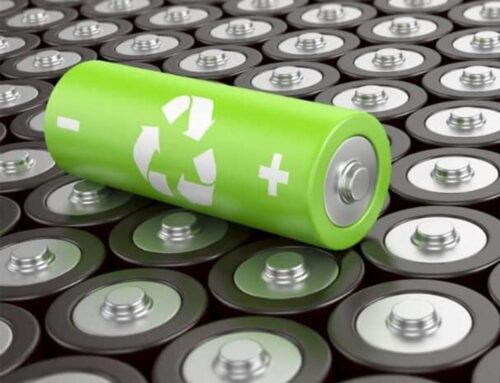
Lithium-Ion Batteries: The Truth About Recycling
What is a lithium-ion battery recycler?
Lithium-ion battery recyclers are companies that recycle lithium-ion batteries. Recycling these batteries helps to reduce the amount of waste produced each year, and it also helps to conserve the resources used to create new batteries. When a battery is recycled, the recycler will extract the valuable materials inside the battery and then dispose of the rest of the battery in an environmentally friendly way.
Everyone knows that lithium-ion batteries are the future of energy storage. The most popular type of battery in use today. They’re found in everything from cell phones to drones to electric cars. But, while they’re ubiquitous, there is much misinformation out there about them. So what are the truths about lithium-ion batteries?
If you are not familiar with lithium-ion batteries, let us get into it first. Lithium-ion batteries (LIB) are rechargeable batteries that use lithium ions to store electrical energy. Lithium-ion batteries are popular because they have a high energy density, meaning they can store more energy than other rechargeable batteries. This also makes them heavier. LIBs are used in applications, such as smartphones, tablets, laptops, cordless power tools, and electric vehicles.
Now, we will explore some truths about lithium-ion batteries, like what a lithium-ion battery recycler is and why they’re such an important technology.
The lithium-ion battery is rechargeable and has a high energy density. This makes them the perfect power source for portable electronic devices such as electric vehicles, laptops, tablets, and smartphones. But what happens to them when they reach the end of their life?
Many people think they can throw lithium-ion batteries in the trash like any other battery. But this is not the case. These batteries contain harmful chemicals and metals that can contaminate the environment if not disposed of properly.
Recycling lithium-ion batteries is the best way to protect the environment and keep these harmful chemicals out of our water supply.
What is the role of Lithium-ion battery recycler in India?
Due to the increasing popularity of electronic devices, lithium-ion batteries are in high demand. At the same time, there is a pressing need to recycle these batteries as they contain harmful chemicals. This is where a lithium-ion battery recycler in India can play a crucial role.
Such a recycler would not only recycle old batteries but also collect and recycle waste batteries from companies and individuals. This would help reduce the environmental impact of battery disposal and also help create employment opportunities.
There are a few lithium-ion battery recycling companies in India. These companies recycle used lithium-ion batteries and recover usable materials, including cobalt, nickel, and lithium. The recovered materials are then sold to companies that make new lithium-ion batteries.
Lithium-ion battery recycling in Delhi
A new and upcoming industry. Delhi has become a hub for this activity because of the large number of batteries discarded each year. Several lithium-ion battery recycling companies in Delhi offer recycling services.
ELV incorporates the concept of ‘de-pollution.’ The need to reduce the impact of End-of-Life Vehicles (ELV) on the environment was identified, thus contributing to the protection, conservation, and development of environmental quality and energy conservation.
There is a strong need for second-life batteries. Even if second-life batteries are fully depleted after various uses, minerals and substances such as cobalt, lithium, and nickel are also important. They can be used to produce new EV batteries.
So far, we have discussed lithium-ion battery recycling and the benefits of recycling these batteries. Recycling lithium-ion batteries helps protect the environment and reduces the cost of battery replacement. It is eco-friendly, but it also helps to conserve natural resources. If you are looking for an eco-friendly option for your lithium-ion batteries, visit our website to learn more about our recycling services.

